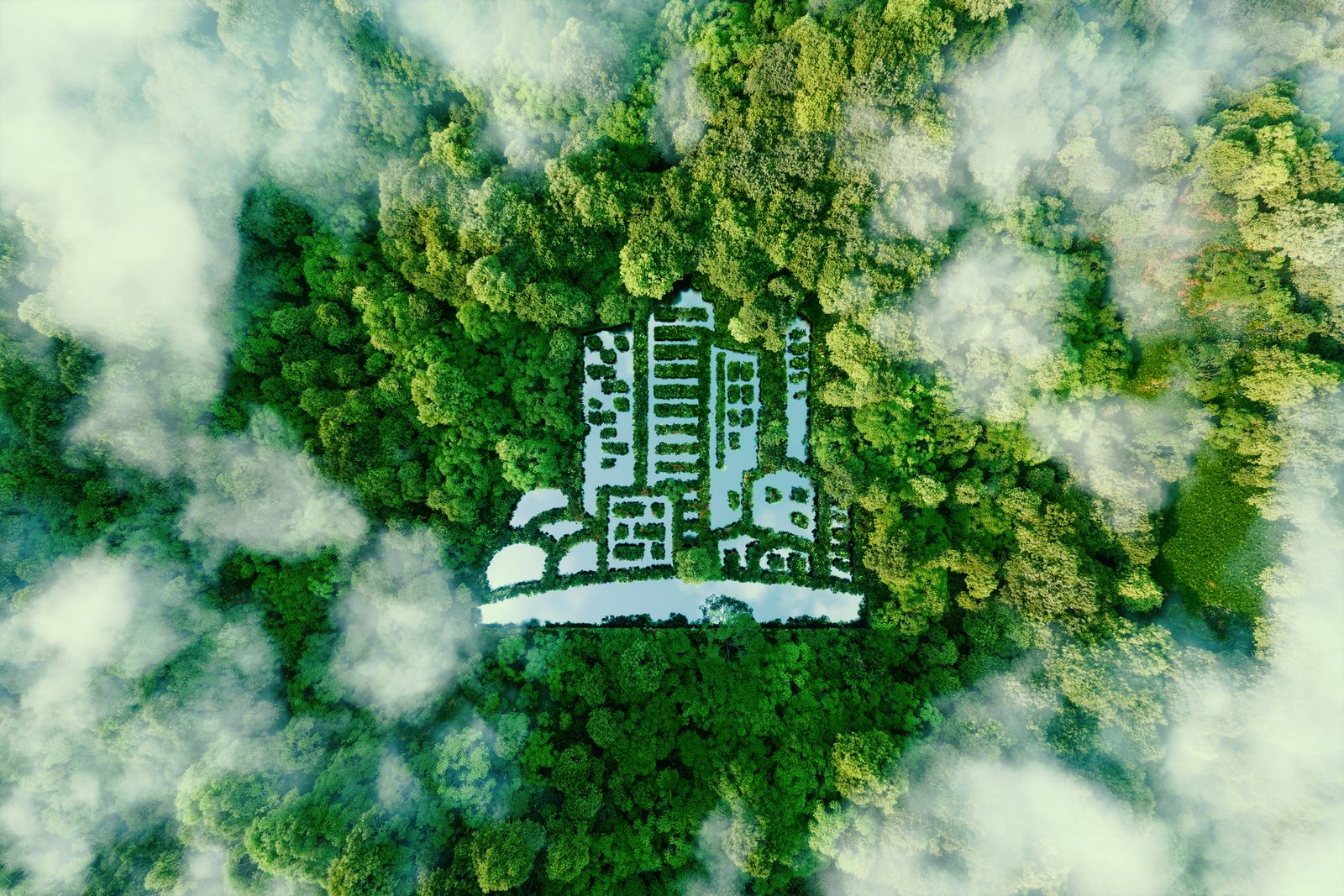What comes after the peak? Understanding the post-growth economy
The shift towards a post-growth economy challenges businesses to prioritise societal contributions over profit accumulation. Are we close to seeing its fruition?

Article series
The role of Insight in the post-growth economy
- What comes after the peak? Understanding the post-growth economy
- The role of Insight in the post-growth economy
With each new generation of humanity comes new ways of thinking, new inherent values, and new objectives for businesses to work towards. Up until this point in time, the overwhelming mentality within all industries has been to make as much money as possible, to grow the business as large as it can stand to be without becoming a hindrance to itself, and to leave a mark on the world as an innovative giant for all to revere. While these are still core objectives that most businesses model themselves on, there are new objectives coming into play as the target audience shifts.
The post-growth economy is a term that has been thrown around a lot, but has it started to dip its toes into physicality? A ‘post-growth economy’ is an economy that isn’t profit-driven or focused on the accumulation of monetary wealth. Instead, it challenges organisations to rethink their business strategies so that they contribute positively to society and make a genuine difference to their customers without profiteering. The Post-Growth Institute takes this further, saying post-growth “proposes that widespread economic justice, social well-being and ecological regeneration are only possible when money inherently circulates through our economy.”
Has the post-growth economy become less of a theory for future generations to figure out and more of a reality that today’s professionals will need to understand in order to adapt and survive? This article will be one of a two-part series looking into the reality of post-growth and the actions we can take to help prepare for a new wave of strategy.
The reality of post-growth
The concept of a post-growth economy provides a compelling argument against excessive growth being used as the indicator of a successful economy. It has been confirmed by the IPCC that the current state of economic growth is “increasingly incompatible with a flourishing natural world” and, as such, has been blamed for the current environmental and political crises facing the world today.
In short, the current state of being is focused on generating exponential economic growth, and this is the way that most businesses operate because the benefits to them and the consumer population are more money, more jobs and growth that drives progress – a progress that staves off recessions and depressions, yes, but a progress towards what specifically? More growth? What happens when we can’t grow any further? An age of post-growth comes into being, and the focus then shifts away from economic progression.
For those who aren’t familiar, post-growth economies place value on aspects such as sustainability, customer centricity, positive social growth and other uneconomic concepts that challenge the perceptions of today’s profit-driven industries. For example, businesses such as Patagonia and BrewDog, while still competing in the international economy, are stepping more into the realm of sustainable business; from their products to their business practices, they place a lot of importance on environmental sustainability and social equality respectively, which resonates a lot with their concerned customers. Post-growth takes this further and sparks opportunities for corporations to deliver only what consumers need, and this changes the role of those corporations far beyond their current scope and operational objectives.
In an interview with Tariq Al-Olaimy, published in the World Economic Forum, Tariq explores the concept of a post-growth society and offers insight into how to make the most of this new opportunity. Firstly, Tariq explains that a post-growth society is “what a sustainable society would look like on a global scale”, a challenging notion considering that money has been one of the more significant driving forces behind societal evolution for a while now, despite the climate crises and subsequent rise in societal pressure on businesses to become more sustainable.
Preparing for new post-growth movements
There has never been a better time to embrace post-growth movements. With consumers continuously worried about the cost of living crisis, as well as target audiences and their values shifting, businesses will have to adapt in order to survive a new appreciation for frugality and win over the new largest consumer groups coming into play and dictating the future of commerce.
Currently, Millennials are classed as the largest customer group in many countries, but especially in the US. While the spending power still lies with Baby Boomers, we will need to start shifting gears to account for this change in the near future too. Millennials and Gen Z, in particular, are a lot more socially- and sustainability-conscious than their predecessors, with a number outspoken of young people under 45 failing to see the point in having children when the world as we know it is not able to sustain the current standard of living without significant changes being made. With these new conscious consumer groups making tangible waves in the world of commerce, it’s fast becoming time to embrace more post-growth strategies, not only to save the future of many businesses but to save the world.
In the next article in this two-part series, we will look further into preparing for post-growth in market research, as well as look at a couple of real-life examples of post-growth recently in action. So stay tuned!
Emily is a Content Manager at FlexMR, and writes frequently on topics of market research, data and stakeholder engagement. She explores insight strategy, key trends and creative expression - contributing recently to the award-winning Insight as Art Campaign.
Article series
The role of Insight in the post-growth economy
- What comes after the peak? Understanding the post-growth economy
- The role of Insight in the post-growth economy


